Pod of Orcas Sink 50-Foot Yacht Off the Coast of Morocco: Researchers May Know What’s Causing These Attacks
A terrifying ordeal saw a pod of Orcas sink an enormous 50-foot yacht off the coast of Morocco close to the Strait of Gibraltar. Luckily, the two passengers aboard the vessel were picked up by a passing oil tanker.
The reason behind this unusual attack has become a subject of intense online debate, marking the fifth event of its kind in recent years. The mystery continues to intrigue marine enthusiasts and researchers alike.
Orcas in the Ocean
Orcas are easily recognizable black and white marine mammals often referred to as killer whales. They are the largest members of the dolphin family, and their terrifying nickname was issued by ancient sailors who observed groups of Orcas hunting larger whales.
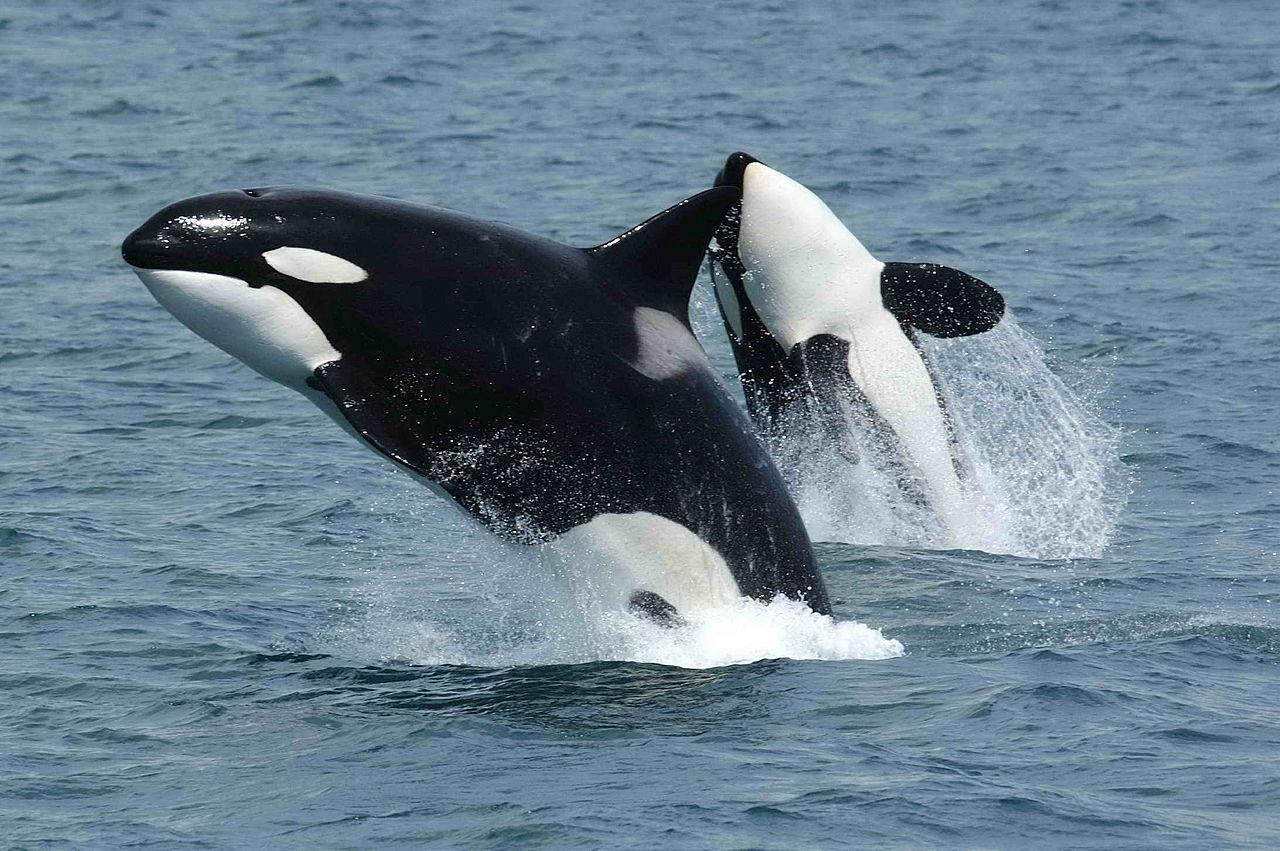
Source: Wikimedia
But Orcas appear to attack more than just whales and other fish. Recently, a yacht was passing through the Strait of Gibraltar when killer whales attacked it. They inflicted enough damage to sink the vessel.
Killer Whales Attack a Yacht
The vicious attack occurred around 9 am local time on Sunday, May 12, around 15 miles North of Cape Spartel in the northern part of Morocco, according to Reuters.
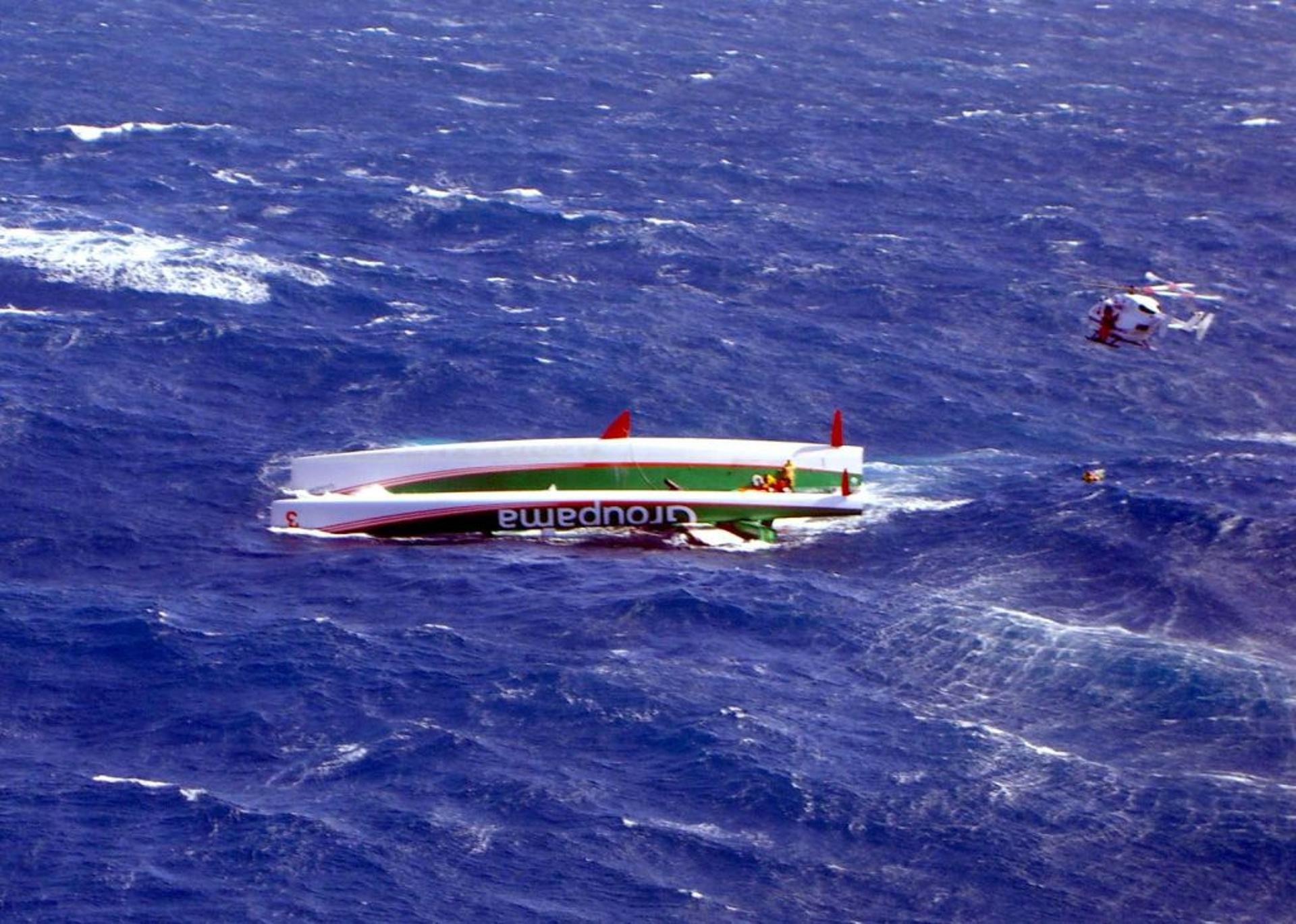
Source: Otago Daily Times/Getty Images
An unknown number of Orcas began swarming the Alboran Cognac, ramming into its hull before severely damaging the rudder. As water began seeping into the ship, the two passengers sent out a distress call to the Maritime Rescue Coordination Center in Tarifa, Spain.
Preparing for an Emergency Rescue
After reaching out for help, the passengers were then told to prepare for an emergency rescue. Over an hour later, an oil tanker that was passing in the region was contacted and managed to pick up the passengers.
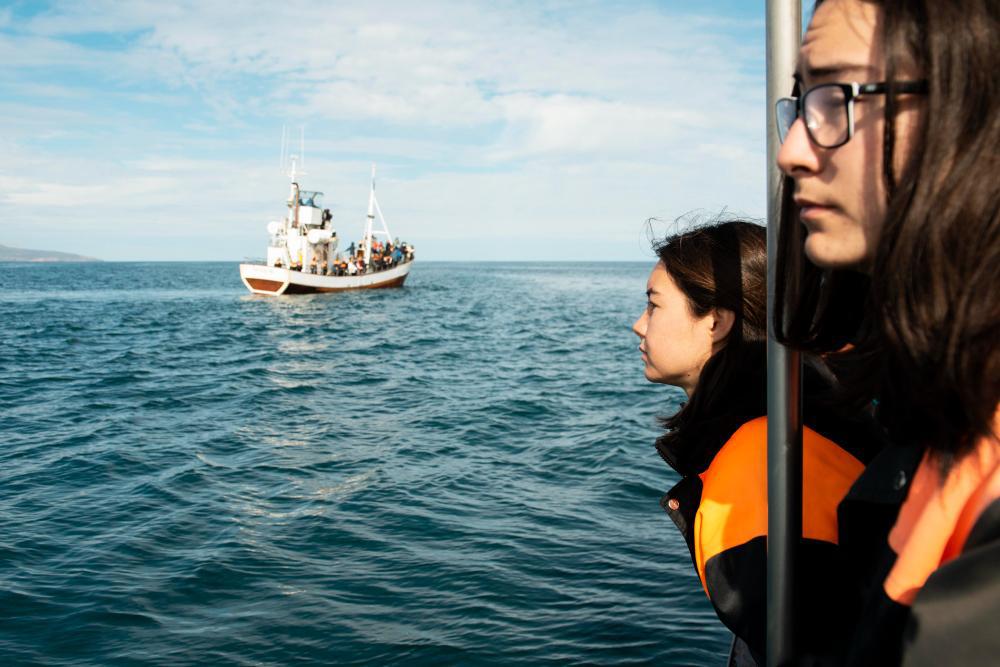
Source: Freepik
The luxurious yacht was a rental owned by the Spanish-based Alboran Charter. Unfortunately, it was left behind as it continued to take on water and eventually sink.
Recurring Orca Attacks Near the Gibraltar Strait
The recent attack on the Spanish rental is the latest in a long string of Orca attacks that have been reported in and around the Gibraltar Strait stretching back to 2020.
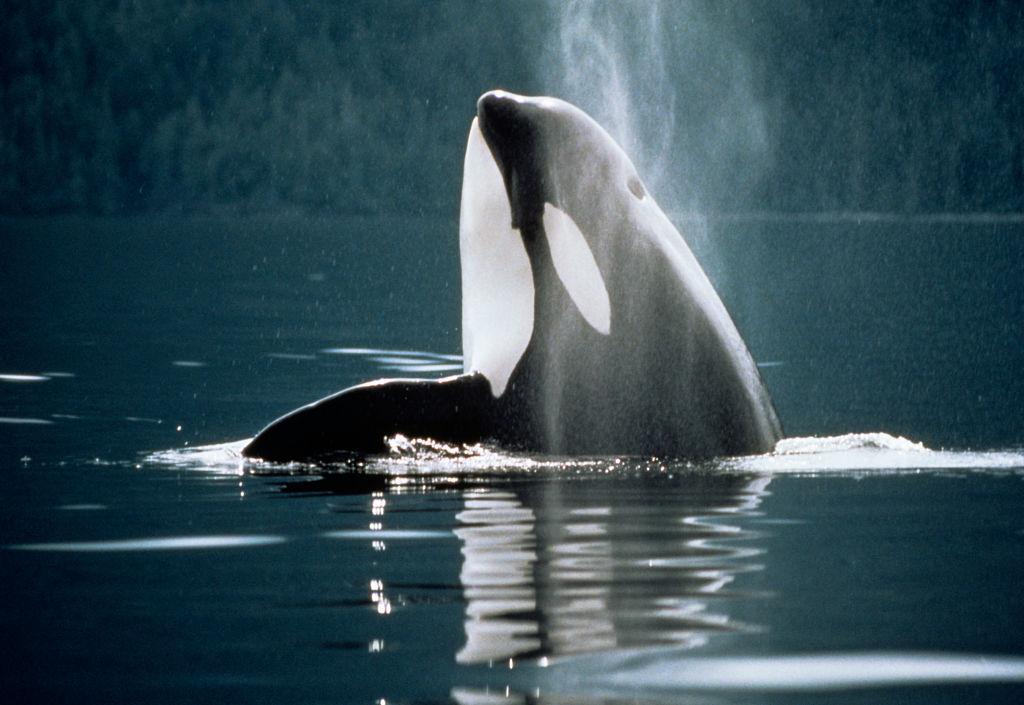
Source: Getty Images
The incredibly intelligent and highly social marine mammals made headlines last year when they attacked a Swiss yacht just off the coast of Spain. A few months later, they sank another Polish vessel, the Grazie Mamma, according to the Smithsonian.
The Unusual Behaviour of Orcas Goes Back to 2020
The sinking of the Albanian Cognac is the latest in a string of Orca attacks in the region. However, over the past four years, around 700 interactions between killer whales and vessels have been recorded in the straits of Gibraltar.
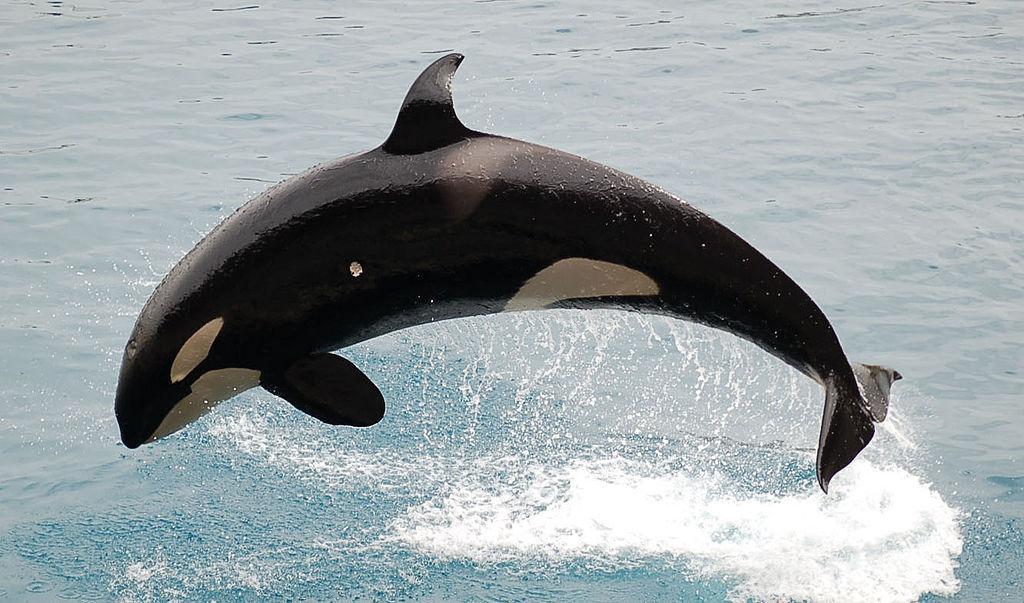
Source: Wikimedia
Researchers are uncertain as to the motivation behind the attacks. Some have suggested that the events have been misinterpreted.
The Orcas Aren’t Attacking, Says Researcher
According to Monika Wieland Shields, co-founder and director of the nonprofit Orca Behavior Institute, the Orcas are not actually attacking with malicious intent.

Source: Wikimedia
“When I watch the videos of these so-called attacks, I see something completely different,” Shields wrote in a statement shared with MSNBC.
The Orcas Want to Play
Shields says that video footage of the so-called attacks is evident enough to suggest that the Orcas are actually playing with the ships rather than intentionally damaging them.
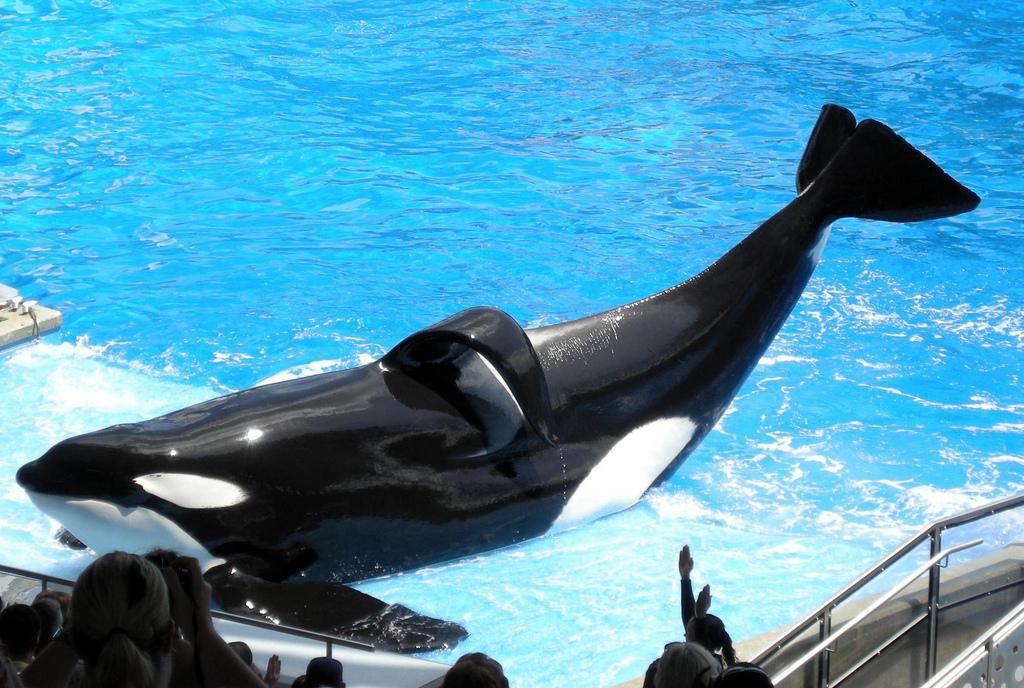
Source: Wikimedia
“When I watch the videos of these so-called attacks, I see something completely different,” Shields wrote. “Rather than an act of aggression, it looks like another behavior we often see killer whales engage in: play.”
Killer Whales Like to Play With Rudders
According to Shields, “from the whale’s perspective,” there is a simple reason they tend to attack the rudders, and it’s not what most will assume.
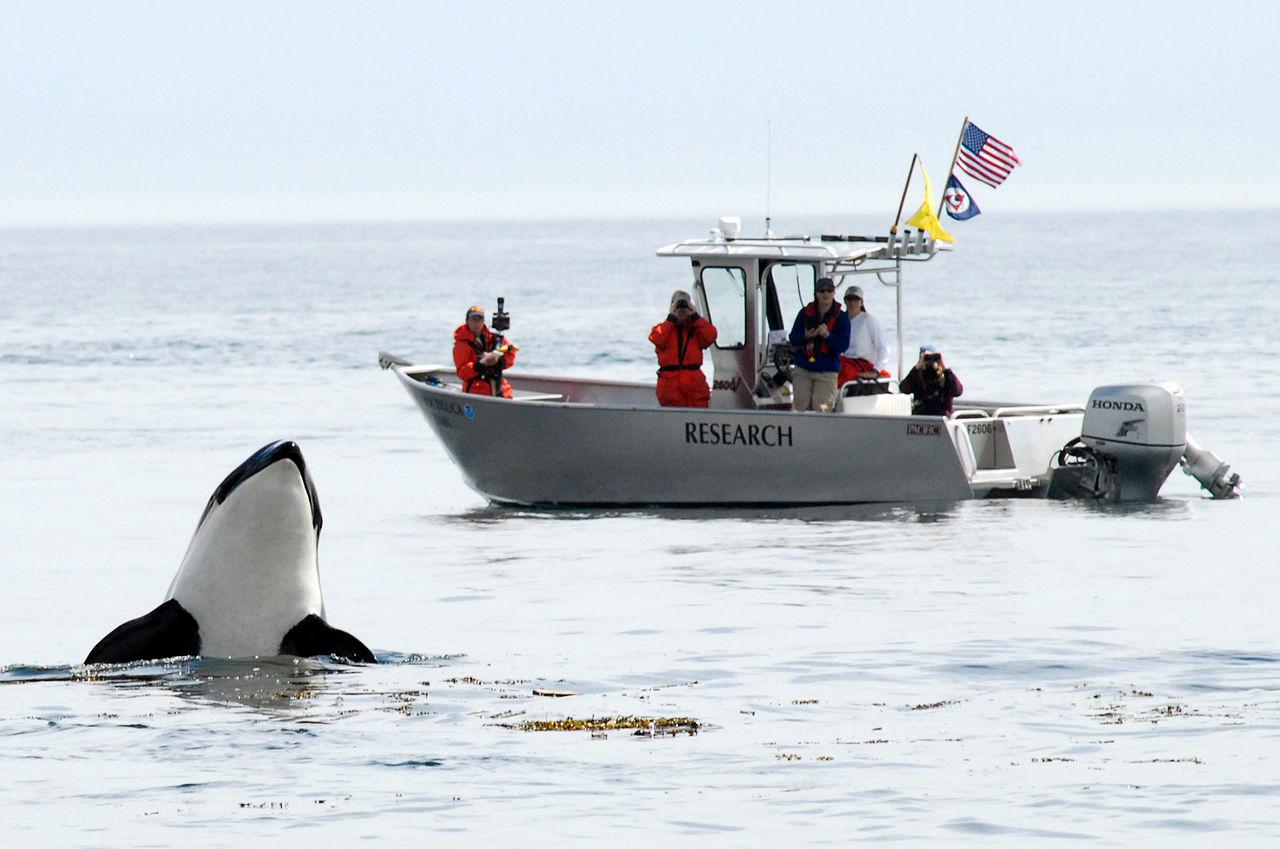
Source: Wikimedia
“Rudders move and, when humans try to regain steering control, show resistance,” she wrote. “It’s probably more like a game of tug-of-war than a maliciously motivated attack.”
Highly Intelligent Social Creatures
Orcas are known as widely social and intelligent mammals, resulting in “a unique capacity for amusement and playfulness,” said Shields.
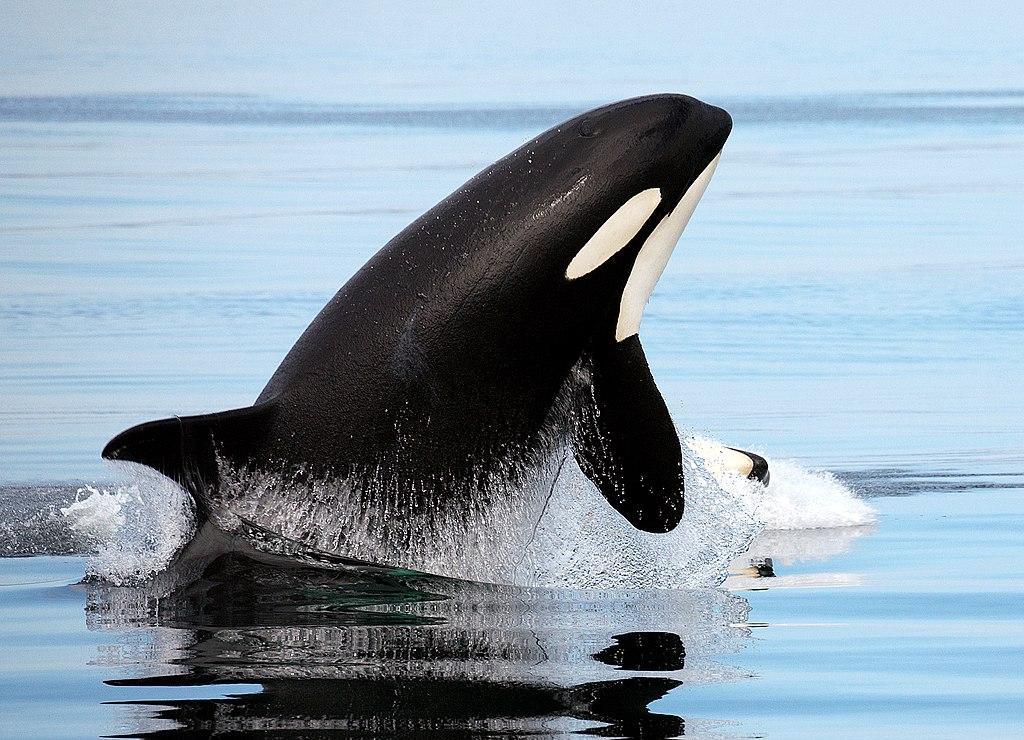
Source: Wikimedia
According to the researcher, they even have the potential to spread new fads among themselves. According to her, in the 1980s, researchers began noticing many killer whales who wore dead salmon on their heads like hats.
Orcas Just Want to Have Fun
Shield’s theory of playful Orcas falls in line with what other experts have suggested. According to Dr. Deborah Giles, science director at research and advocacy group Wild Orca, killer whales simply have fun.
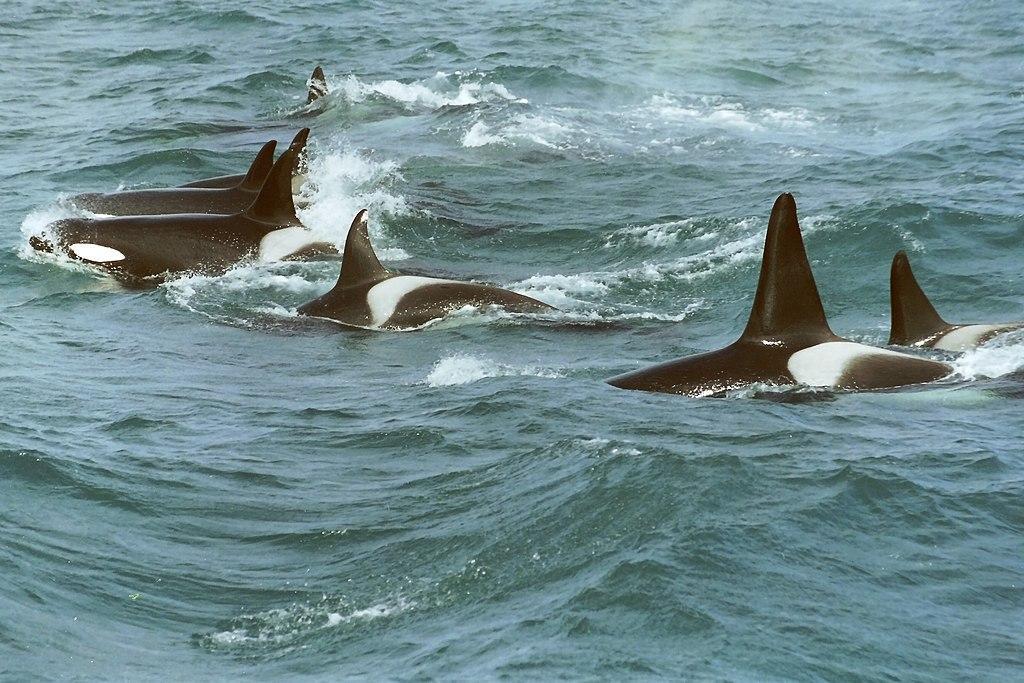
Source: Wikimedia
“What I think is probably happening is it’s a playful behavior,” she said. “It’s a social behavior.”
An Orca Uprising
A popular theory among social media users is that orcas are fighting back against humanity’s role in the destruction of their oceans. However, Shields isn’t so sure this is really what’s happening, but she thinks it’s worth examining why people love the idea of an Orca uprising.
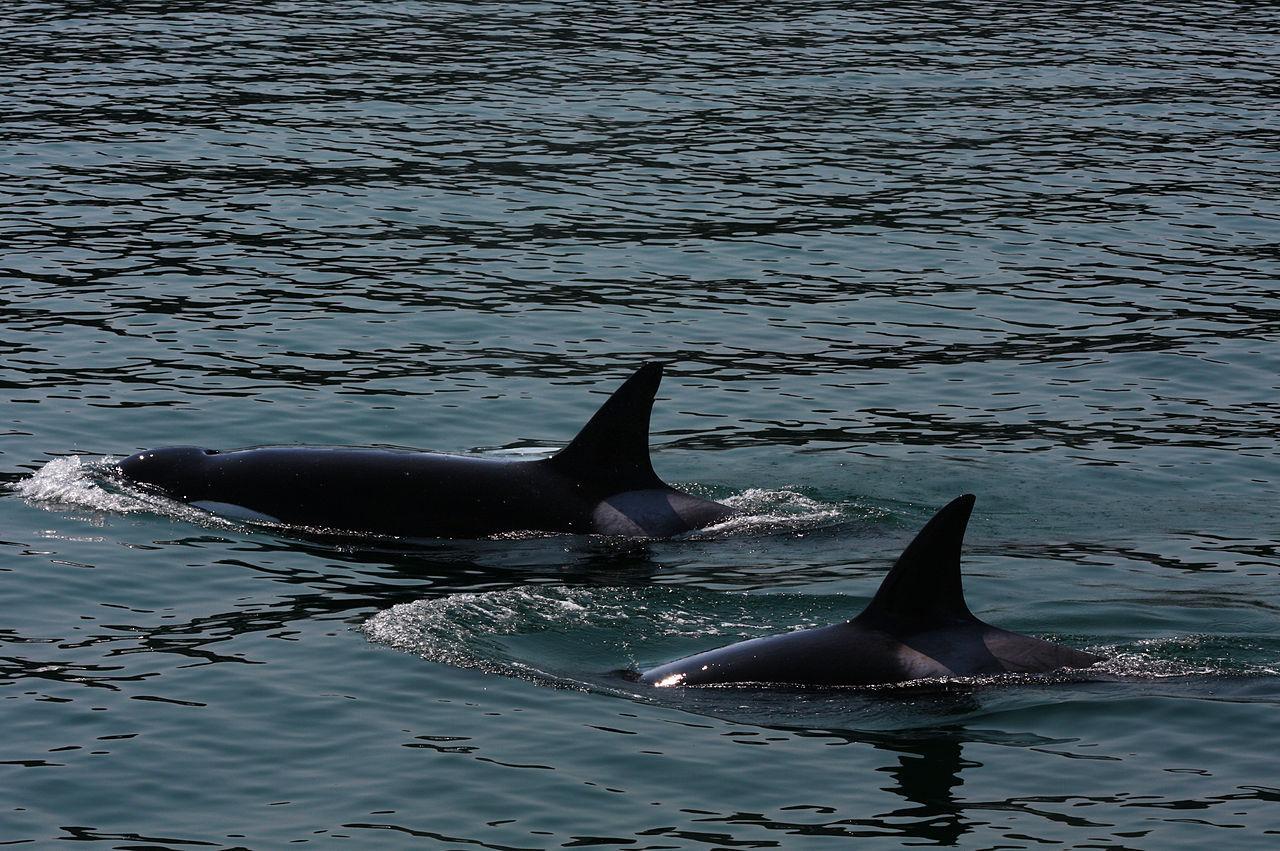
Source: Wikimedia
“We recognize that we have done enough to the world to deserve Orcas attacking us in response,” she wrote.
